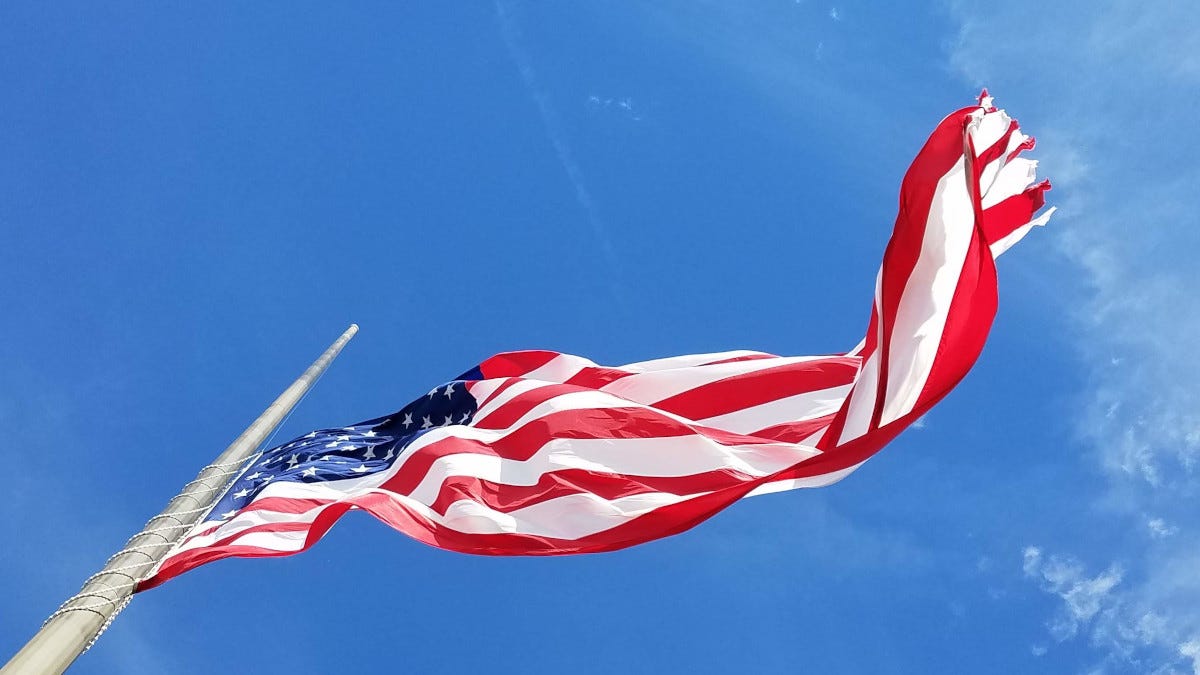To pledge allegiance
On King Charles, the Stars and Stripes, and a long-overdue correction to the Pledge of Allegiance
Upon the coronation of King Charles III on Saturday, the people of the United Kingdom will be invited to swear an oath of allegiance with these words: "I swear that I will pay true allegiance to Your Majesty, and to your heirs and successors according to law. So help me God." It's being presented as a "new tradition", whatever that means.
■ Probably owing in no small part to the new king's mediocre public approval rating, the suggestion has gotten a lot of pushback. Princess Diana's former private secretary even scoffed at the idea on live television.
■ But aside from the personal popularity of the new monarch, a much bigger rule applies: In the words of an anti-monarchist group called Republic, "In a democracy it is the head of state who should be swearing allegiance to the people, not the other way around." They're quite right.
■ Every country has to decide for itself how to symbolize the state, and some choose monarchs. It's a strange choice to those who live in places like the United States, Ireland, or France, where sovereignty lies with the people, not the luckiest member of a lucky family, but traditions can be hard to break. But as Americans eye the notion of an oath of "allegiance to Your Majesty" with skepticism, we ought to consider a fluke of our own symbolism.
■ The Pledge of Allegiance, which didn't even exist until three decades after the Civil War, is a promise of loyalty "to the flag of the United States of America, and to the republic for which it stands". The flag is an important symbol, invested with great meaning by our rituals and worthy of considerable civic reverence.
■ But if Americans are to pledge allegiance to anything, it ought to be "to the Constitution of the United States, and to the republic which it ensures". The flag can certainly act as a stand-in symbol for the Constitution -- but not as a substitute. When sworn into office, the President swears to "preserve, protect and defend the Constitution of the United States", not the flag. Federal officeholders swear to "support and defend the Constitution". So do commissioned military officers and naturalized citizens.
■ The rest of us should do the same. A symbol can be manipulated or interpreted to mean lots of things -- insurrectionists even waved it on January 6th, 2021. But the Constitution means what it says. We may argue about its finer details, but the system is what preserves the American way. Whatever we might think of our friends and allies as they coronate a new king (with or without an oath of allegiance to his person), we ought to think about cleaning up our own symbolic promises of loyalty. The Constitution is the thing that matters most.
Raise it high, but not higher than the Constitution



